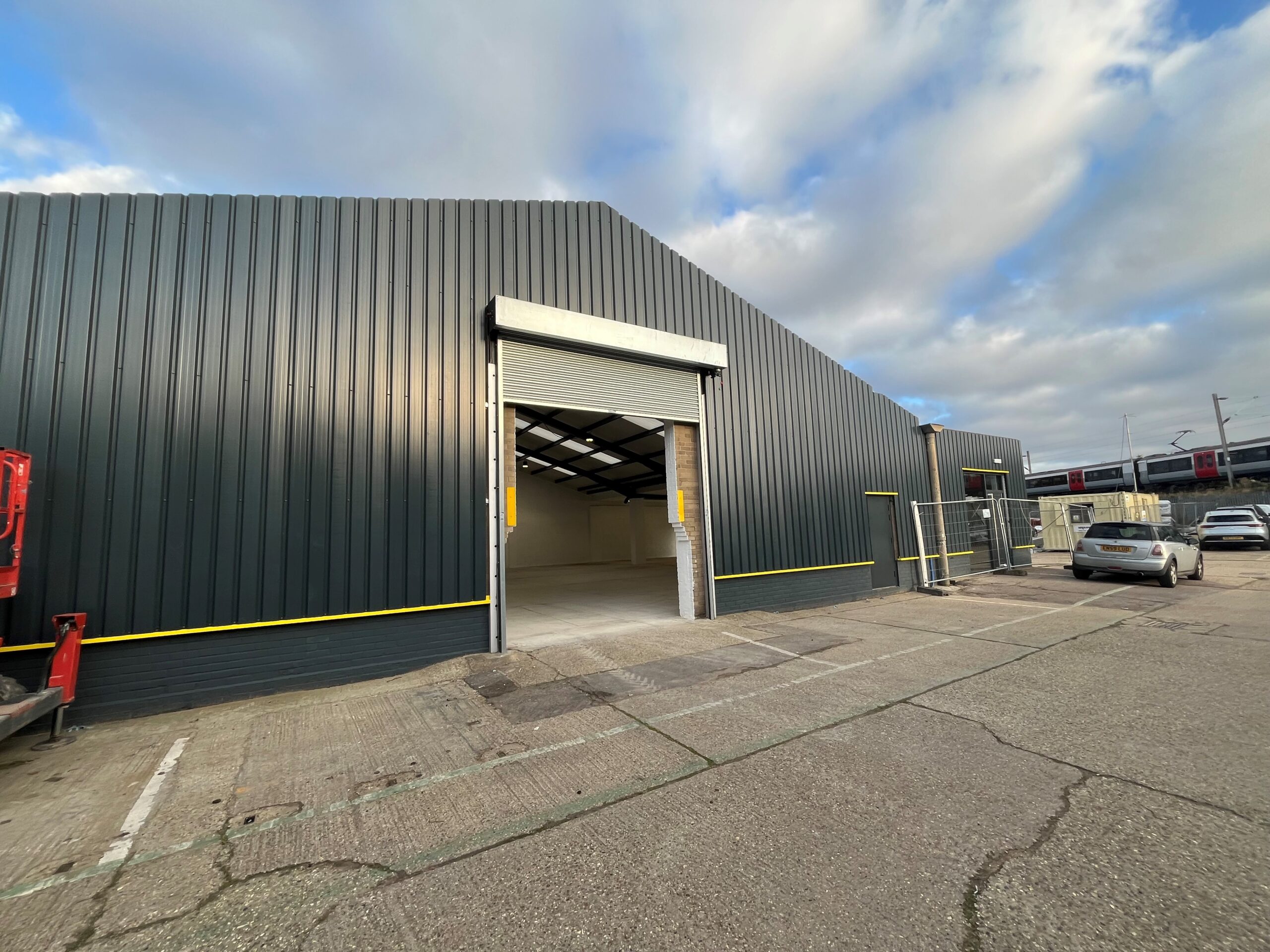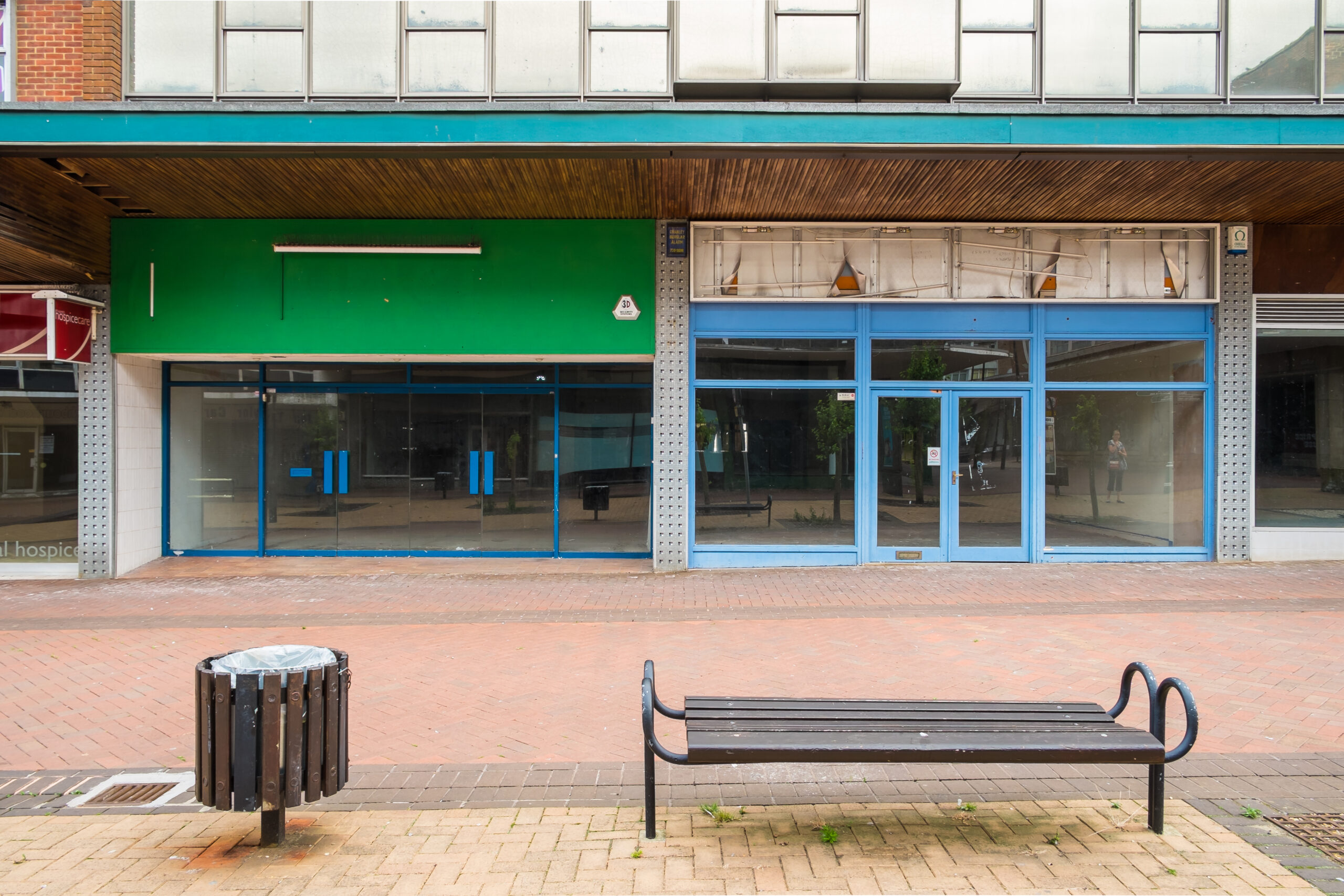We take a look at some top tips on what to look for when aquiring commerical premises.
Over some 35+ years in the property industry and with experience of working for both large major corporates and smaller SME’s, Whybrow have experienced many of the pitfall’s businesses and individuals’ face in their property negotiations.
It must be said that some of these pitfalls are ones that we have experienced personally so these are not only problems faced by the buyer or seller but by agents themselves. However, at all times, while our duty of care is always first and foremost to our client, clearly it is in our best interests to ensure that the buyer or seller has all the information they need at their fingertips to make an informed decision that enables the sales or letting process proceed. Sometimes, however the best decision can be not to proceed.
There are common themes however and, if your property acquisition is to proceed satisfactorily and smoothly, the following observations should be helpful:
Research: While many will say that “location, location, location” is crucial, and this is correct, it is vital that parties first fully research what they want to do and how this may fit in to the market they are exploring before anything else. It is a very crowded market, and the new business must investigate how they are going to stand out, to “find the gap”. Most businesses fail in the first 3 years, so putting themselves into an otherwise saturated market will not hep them to stand out and find their customers.
Navigating through these first 3 years requires research and a firm handle on the facts.
Location: Location will generally dictate the asking price or rental value of buildings, the highest values generally being in the heart of the town or city centres, the strongest and most modern business parks or prime industrial estates.
Navigating through these first 3 years requires research and a firm handle on the facts.
Location: Location will generally dictate the asking price or rental value of buildings, the highest values generally being in the heart of the town or city centres, the strongest and most modern business parks or prime industrial estates.
We are however, finding for example that secondary industrial rental and capital values are often as high in locations that might previously have been considered weaker, or secondary so again research is key so the full facts and values can be established.
Budget: Typically many new businesses will not always have an established budget for their proposed operation. Calling us as agents, we will often be asked to send these parties everything we are offering which is clearly a waste of our time and theirs. New and established businesses should know what ceiling rents and prices they have, a reflection of what they can afford so they, and the agent can better focus in on the correct property at an earlier stage.
Suitability: As a new or less established business it will be very difficult for the party concerned to convince say an intuitional landlord of their suitability as a tenant if they do not have established financial records or track records. Landlord’s will not unreasonably request of these parties’ personal guarantees (PG’s) and rent deposits (often in excess of 6 months) repayable at the end of the lease term or earlier if the tenant can prove their financial ability.
Tenants will often set up new corporate entities on Companies House, but with no proven track record, it cannot be unreasonable that landlords will seek protection from their occupier against default. Without this, the landlord may simply reject a tenant interest so be prepared to negotiate and provide what is needed to verify your covenant status.
Professional advice: We have experienced many prospective occupiers or purchasers “fall in love” with the first building they see, irrespective of asking price or terms.
Very often we will be asked to send these party’s details on every property we are marketing irrespective of price or terms. Party’s do need to be very clear about wat they are seeking and their budgets so they can focus, like a rifle shot on the building or location that best suits them. Agents are quite prepared to spend time helping to educate people, but often these people can help themselves better by have a clearer idea of what actually they are looking for.
It is often clear many people do not know how to formulate an offer on either a leasehold or a freehold basis and, as a result, the chances of deals falling apart at a later stage, or once terms are formally agreed and solicitors instructed are much higher because late changes will often impact on other otherwise agreed terms and create renegotiations on the fundamentals of the deal.
Be clear and concise raise a new question part way through the negotiation process.
If a tenant requires a rent free for a certain purpose, then they should request one at day one, if they need a break clause again, they should request one but equally, the tenant should understand why the landlord might say no. For example, a combination of an extended rent-free period and an early break clause will understandably not be attractive to a landlord.
Equally, if a prospective buyer makes a freehold offer they should expect to be asked for proof of funding. Increasingly, vendors want to deal solely with cash buyers with “proven” funds. Of course, few buyers will be in this position, but to be taken seriously, buyers will need to demonstrate they have an agreed lender backing them.
Our advice to businesses would also be to take professional advice on their purchase or leasehold acquisition. This advice will inevitably come at a “cost” in terms of committed fees however, at the time and money this will save that party is immeasurable, so this cost should be considered an investment. It is unlikely a party will start a business without formal advice from their bank, their solicitors and accountants, so in parallel, an experienced and RICS accredited Chartered Surveyor will have intimate and in-depth knowledge of market conditions, values, comparable evidence and will be able to guide and advise the business on the steps to be taken, the likely pitfalls and requirements on them.
This surveyor can also advise on typical space requirements and, once they know and understand your business in more detail, the suitability of the premises you are looking at in more detail.
Whybrow was established in 1985, having been involved in numerous transactions where we have been involved with both buyer and vendor, tenant or landlord, our experienced negotiators can help you to navigate the often difficult and demanding road to completion. Leasing or acquiring commercial premisses is a difficult decision for any business. Here at Whybrow we have a team of experienced professionals that can support and advise you to make the right decision for you and your company.
support and advise you to make the right decision for you and your company.













